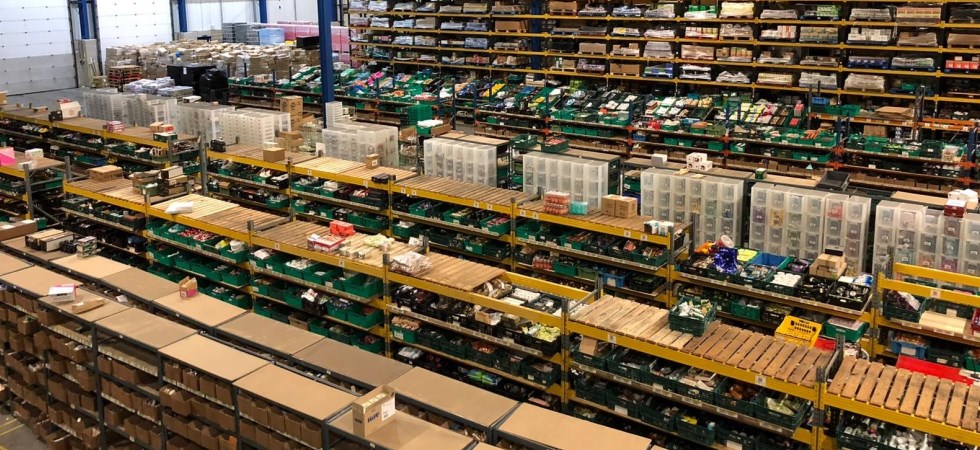Climate Action 100+, the world’s largest investor engagement initiative on climate change, has published a sector strategy report that lays out “the necessary actions” for the food sector to make progress towards “achieving a net zero future.”
The sector strategy report was developed by Ceres and PRI, two of the founding investor networks of the Climate Action 100+ initiative. According to Ceres and PRI, the report’s recommendations are in line with the goals of the Paris Agreement.
Food and beverage sector emissions, the paper stated, account for about a third of global greenhouse gas emissions, with most of the emissions coming from the supply chains of food and beverage companies.
The report advised companies working in the food and beverage sector, and investors working with those companies, to be aware of and act on addressing emissions through the food supply chain. This includes committing to targets around reducing the impact of emissions related to agriculture and livestock, securing green transportation and distribution of products and sourcing sustainable packaging solutions, among others.
Some findings of the report include:
- In order to align with the IEA’s Net Zero by 2050 scenario, scope 3 land-based emissions must be reduced by 85% compared to a business-as-usual scenario
- Scope 1 and 2 emissions, which make up about 17% of food and beverage sector emissions, must also be reduced as much as possible
- Eliminating deforestation, restoring previously cleared land, and employing agricultural practices that mitigate and sequester carbon alone all have the potential to mitigate more emissions than implementing renewable energy technologies across all sectors.
The report also outlined “priority actions” for individual companies, the broader industry, and investors. These engagement recommendations span the food and beverage supply chain – from improved sourcing practices to eco-friendly packaging.
Some of the priority actions include:
- Integrating supply chain climate action into corporate decision-making processes and procurement policies
- Incentivizing and supporting agricultural producers to reduce the climate impact of crop and livestock production and enhance agricultural carbon sequestration
- Improving processing, manufacturing, and packaging practices to reduce emissions and food loss.
Ceres stated that investors have “an important role to play” in accelerating the net zero transition within the food and beverage industry by engaging companies both within and outside the sector on key actions to support the net zero transition.









